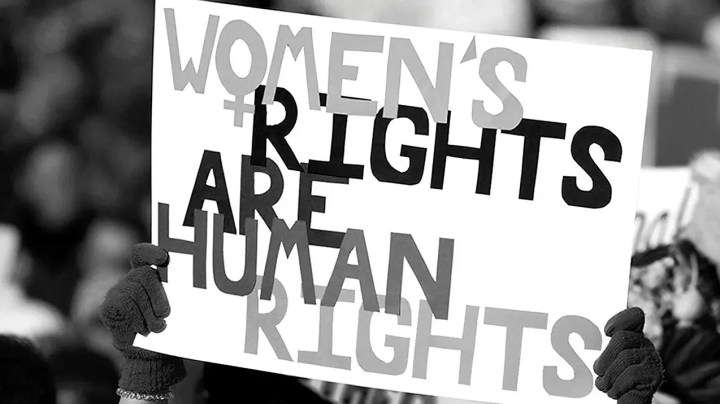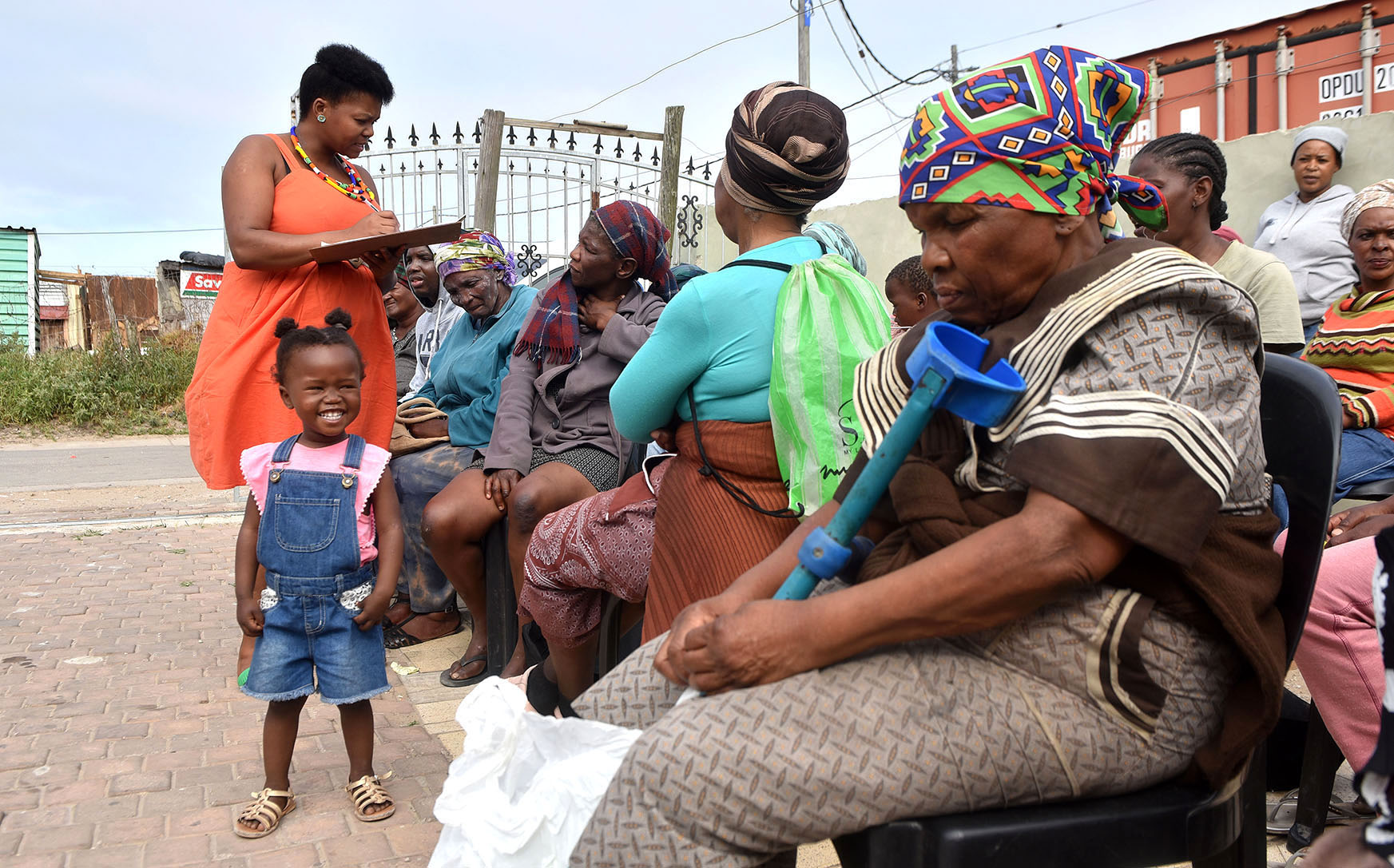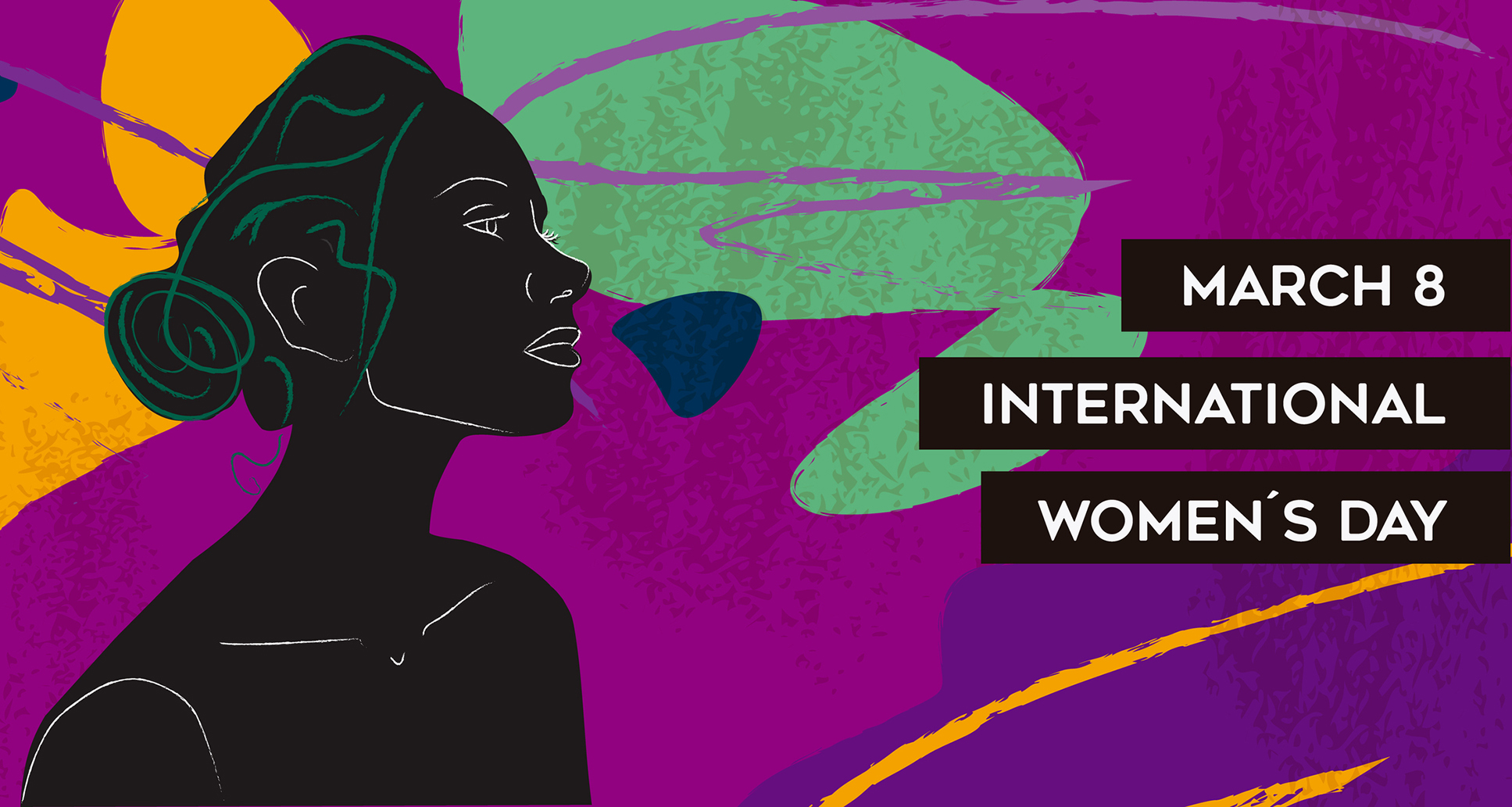INTERNATIONAL WOMEN'S DAY OP-ED
Transformation hampered in SA as long as women carry the burden of unpaid childcare work

As we celebrate International Women’s Day on Friday, let's consider the socio-economic position of women with low income, in particular, those with children and whether recommendations calling for effective empowerment are appropriate for their day-to-day lives.
In celebrating International Women’s Day on 8 March, the United Nations has adopted the theme ‘Invest in Women: Accelerate Progress’ aimed at tackling women’s economic disempowerment. This aligns to Africa’s Agenda 2063 which emphasises comprehensive gender equality with a focus on two main areas — empowering women and girls and eradicating violence and discrimination against them, however, in the context of subdued economies across the globe, it is imperative that we focus on the critical policy lacuna of social inclusion and unpaid childcare work in most societies, particularly in the Global South.
The empowerment of women and the understanding of work in South Africa must be understood in the context that Statistics South Africa data indicates that the unemployment rate for women remains higher than that of men, particularly for Black African women.
Read more in Daily Maverick: Axis of inequality: how black women are kept at the bottom of the economy
Social inclusion for women is inextricably linked to work, whether formal or informal. In committing to the 2030 Agenda for Sustainable Development, of which South Africa is a signatory, the United Nations (UN) published a report on the indicators titled “Leaving no one behind”. Although the phenomenon precedes it, the report defined social inclusion as the process of improving the terms of participation in society for people who are disadvantaged on the basis of, but not exclusively, age, sex, disability, race and/or economic status through enhanced opportunities, access to resources, voice, and respect for rights (UN Stats, 2021). In South Africa, this must be seen in relation to the National Development Plan (NDP) Vision 2030, which draws on the concept of capabilities and takes an approach to transformation that views developing human capabilities through social protection including access to education, skills development, and innovation. However, the National Planning Commission’s (NPC) Ten-Year Review of the NDP depicts a sombre picture for women in South Africa in the absence of a strengthened and stable economy and a capable state.
Childcare and domestic roles
We would be remiss if we discussed the importance of social inclusion without considering the significant social exclusion as a result of unpaid childcare work. According to the Counting Women’s Work research project, which measured the gendered economy, including unpaid care, females outproduce males across their lifecycles (CWW, 2019). The time-use data analysis in this study shows that men spend more time in market work at every age while women spend 71% of their productive time on household production at every age. Market work includes wage work in the formal or informal sectors while household production refers to unpaid care, housework, and household management. The research illustrates that in respect of labour income, men outproduced women at all ages, however, once non-market production is included, women outproduce males in per capita terms in all age groups in most of their lifecycles.

Aid volunteer Nomasomi Mbambo assisting women who are struggling to access the child grant and are depending on soup kitchens for food in the Eastern Cape. (Photo: Deon Ferreira)
The research cited two reasons for the burden of unpaid care work being placed significantly on the shoulders of women: 1) harmful social norms and customary practices on care work, and 2) labour migration, which separates men from their families for long periods. This is to the detriment of girls seeking education and women’s greater participation in the labour market.
Reporting on the experiences of women in accessing the Child Support Grant on behalf of their children, the Medical Research Council (MRC, 2022) has cited challenges such as lack of access to vital registration documents and being shamed by staff from the South African Social Security Agency (Sassa). There have also been continued reports of the Sasa system impeding SRD access for women in receipt of the Child Support Grant.
Read more in Daily Maverick: Parents desperate after Sassa suspends 150,000 child support grants
The NPC’s 2021 Report, titled, ‘“Advancing Women’s Emancipation and Gender Equality” recommended a basic income grant as part of the comprehensive social security provision. In this regard, the President committed to building on the current social relief of distress grant (SRD) towards a basic income grant in his February 2024 State of the Nation Address, which would include able-bodied people of working age:
“We have seen the benefits of this grant [SRD] and will extend it and improve it as the next step towards income support for the unemployed.”
Based on the premise that income poverty in South Africa is pervasive, the Department of Social Development’s expert panel on Basic Income Support (2021) made sound recommendations and advised on complementary policy actions, such as labour through relevant social compact linkages and policy reforms towards a comprehensive social security framework:
“A labour activation strategy should be developed in conjunction with industry with funded job-skilling and occupational learning initiatives for emergent industries; accessible job placement; and internship. The labour activation opportunities should be automatically available to grant recipients at no cost to them and employment in the labour activation system should draw from, but not be limited to BIS grant recipients and include on-the-job training for key skills” (DSD, 2021).

Social inclusion is crucial for women’s empowerment and is tied to work, unpaid childcare work, and access to resources. (Photo: iStock)
As we celebrate International Women’s Day, we must consider the socio-economic position of women with low income, in particular those with children and whether the recommendations calling for the effective empowerment of women are appropriate for their day-to-day lives. At the core of women’s empowerment must be the fundamental, irrefutable fact that women are rights bearers themselves, outside of any other population group, including their children. DM
Professor Phakama Ntshongwana is the Chairperson of the Enhancing Quality of Life workstream in the National Planning Commission and a Professor in the Department of History and Political Studies at the Nelson Mandela Metropolitan University.




















 Become an Insider
Become an Insider
What would you like to see, prof? More men having babies and doing unpaid home care? Or just taxing the workers to pay home-care women who, truth be told, should be supported by the fathers of their children? Is it too much to ask that women in impecunious circumstances exercise a little care in birth control measures? Oops – forgot – in traditional terms, women who practice birth control are social outcasts. So, have many babies, the fathers don’t have to support them, but the government will use tax money to give you grants and pay for you to become educated to do something or other in the workplace where we have 50%+ unemployment. Makes sense to me.
I’m not understanding your point Professor.
I’m also very confused by your article.
The conversation should be about taking personal responsibility for your life irrespective if you are a man or a woman.
Do not bring children into this world if you cannot take care of them.
The government has become a parent figure who’s dishing out cash to someone because they have made irresponsible choices in life.
We are essentially turning into a welfare state.